Far from a moral and legal compass, Shari’a has been nothing but a political tool used by the NCP to consolidate their hold on power. While some naively believed the rhetoric and rallied around ‘the Islamic State’, the majority has known that the regime’s founding ideology has long been perverted by power and greed. In the past, the NCP made an effort, however minimal, to cover up their religious merchandizing, if only as a courtesy. However, when CS gas is fired into a house of worship on specific orders, it seems evident that we are no longer dealing with a regime that can be bothered with even insincere courtesies.
This has been a cause of personal frustration for some time now.
Another example can be found in Timbuktu (yeh, it’s a place), Mali, where a group called the "Ansar Dine", control part of the country and destroy the nation's heritage and history in the name of "Sharia Law".
This band of terrorists has recently turned their guns and fanaticism against the historical shrines that had made the city of Timbuktu a beacon of learning through so many centuries. They have used pick-axes, shovels, hammers and guns to destroy earthen tombs and shrines of local saints in the desert city of Timbuktu, claiming that they are doing so to defend the purity of their faith against idol worship. They are behind the destruction of at least eight Timbuktu mausoleums and several tombs, centuries-old shrines in what is known as the ‘City of 333 Saints’.
***
My frustration is twofold.
Firstly, even though the actions are not aligned with Islamic values and principles, these groups will often claim their actions are in the name of the religion and then rub salt into the wound by denouncing anything or anyone they believe isn’t following Islam.
Secondly, by using Islam as a political tool, these groups taint the name of the religion itself.
Take the example of the the Muslim Brotherhood, or Al-Akhwan al-Muslimeen, the current Egyptian President’s party. The organisation started as a religious social organisation, with stated aims to preach Islam. With power usually comes political agendas however, and the Brotherhood is now one of the largest political movements in the Arab world. The organisation (the political wing) operates under the banner of Islam, however throughout its history, its actions haven’t always been aligned with Islamic values.
Yet, because the Brotherhood as an organisation has an Islamic mandate, Muslim members and calls itself the “Muslim” Brotherhood, it’s actions are seen as representative of 'what is right under Islam'.
This is unfortunate as there is a difference between Islam and self proclaimed ‘Islamists’, or those who use religion as a mean to a political end. This is not to say that all political Islamists are bad as such, things are much more nuanced than that. There is simply a difference between Islam and Islamists, and this should be recognised.
It is not the religion that should be judged by the people but the people whom should be judged by the religion. After all, we are only human, and humans are fallible. Such is the nature of our humanity.
***
This isn’t Islam’s problem alone, it has happened with Christians, Jews and numerous other religious groups. Religion is an extremely effective and persuasive political tool, and unfortunately is often used to justify evil and undeniable atrocities.
However, when you look at it…
“Do you love your Creator? Then love your fellow beings first.” – The Prophet Mohammed (SAW) [Muslims]
“Love thy neighbor as thyself” – Jesus, quoting the Torah (New Testament) [Christians and Jews]
“Hatred does not cease by hatred, but only by love; this is the eternal rule.” – Buddha [Buddhists]
It would seems to me that mercy and love are what all religions preach and what we should focus on, regardless of denomination.

***
In all of this, it should be noted that Muslims have been not given a mandate on how to rule a nation.
There are detailed descriptions for many things in Islam, down to the very details of how to wash before you pray, but there is no description for the best “model of government”.
Yes, there is the concept of ‘Sharia’, however Sharia is not a book of law as Western civilisation would have it, rather it is the ‘path’ or the Islamic ‘way of life’ (read further here).
What there isn’t is a ruling on whether Muslims should be right wing, left wing, realist, socialist, communist (though that wouldn’t really work anyway), democratic, authoritarian, dictatorial…
Politics is one of the areas that Islam hasn’t mandated. What does that tell you?
***
So, what are your thoughts? For me personally, I think religion and politics are different realms and should be kept separate. That is how I will keep it at any rate.




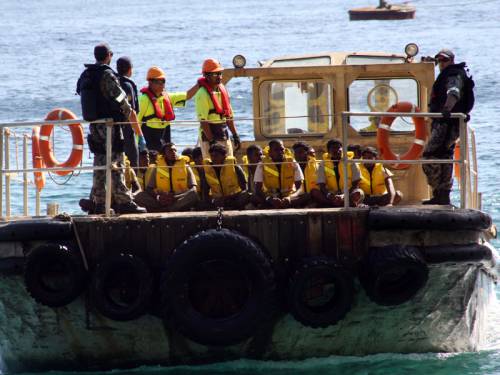




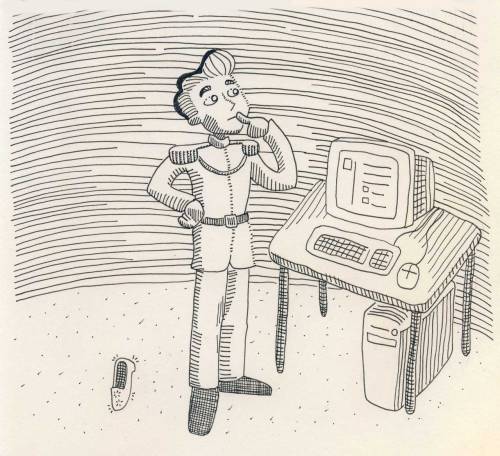
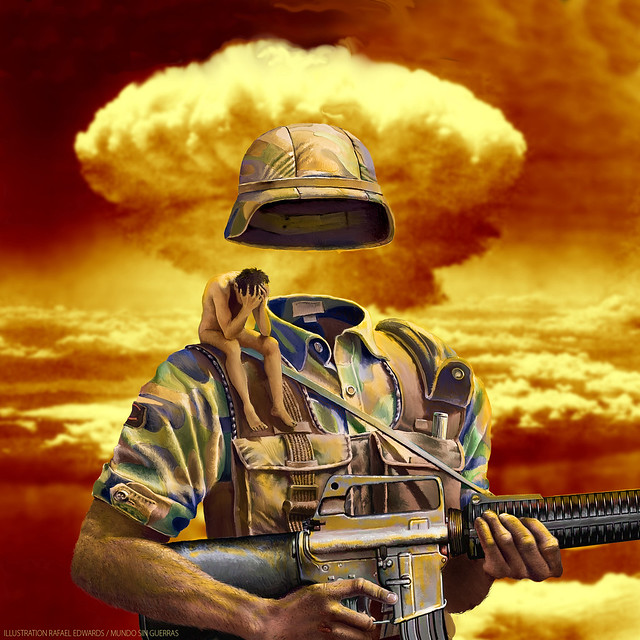
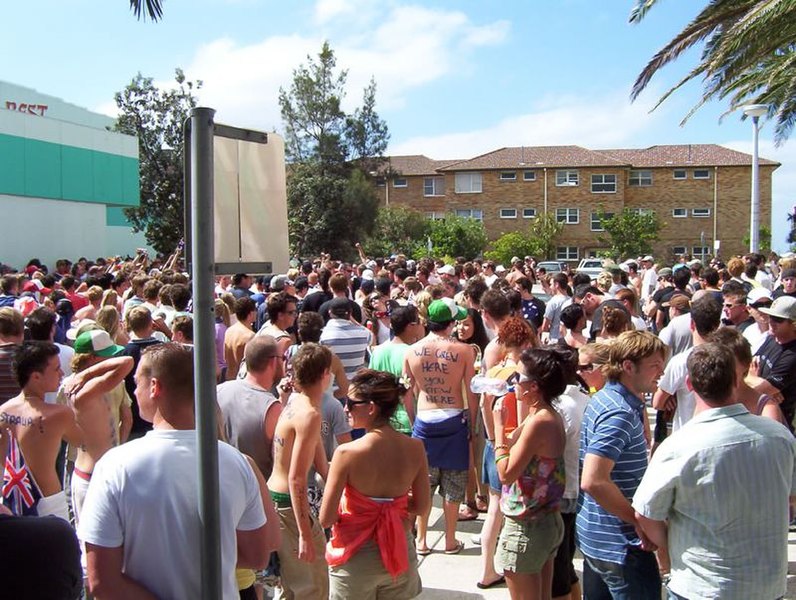
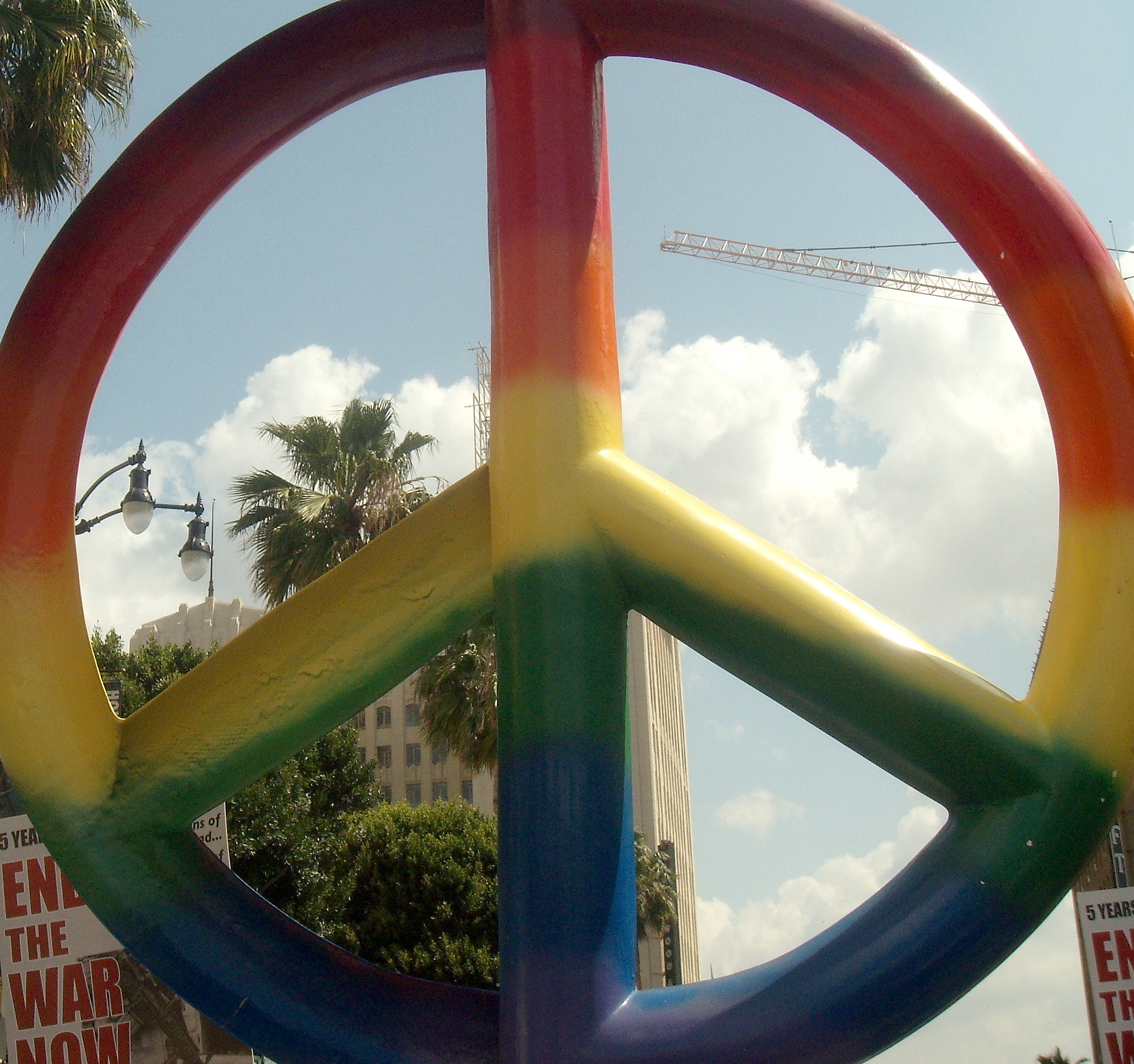
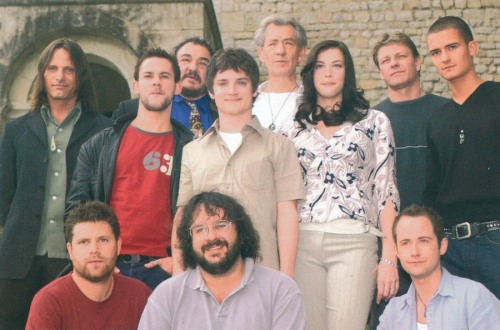 Ah, LOTR…Totally Irrelevant Photo =)
Ah, LOTR…Totally Irrelevant Photo =)




